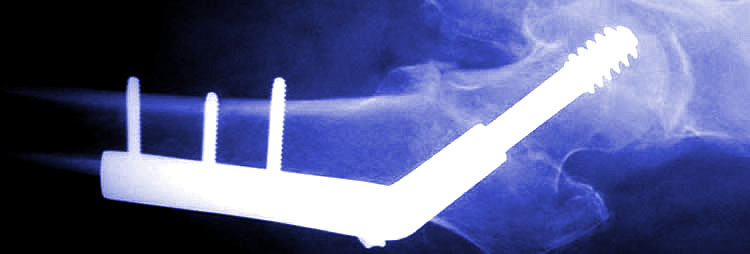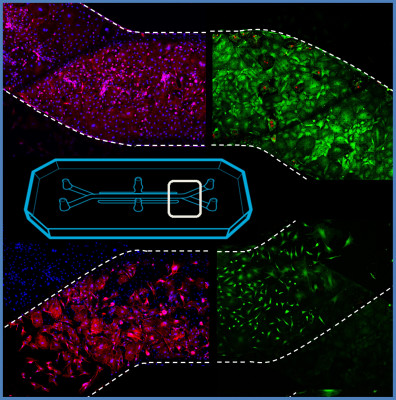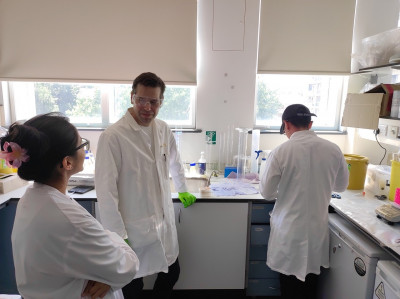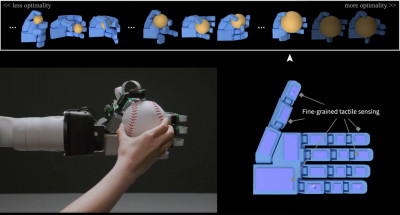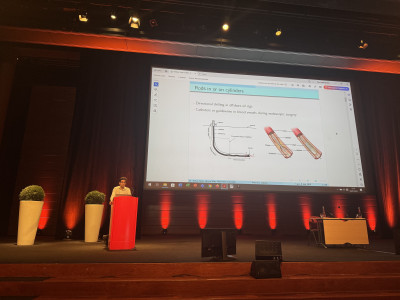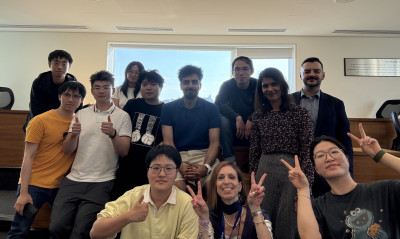Undergraduate Study

- Clearing 2025 - limited places available!
- Undergraduate Programmes
- Undergraduate Prospectus
- Student Stories
Welcome to the School of Engineering and Materials Science
The School of Engineering and Materials Science provides outstanding degree programmes coupled with internationally leading research which is reflected in all our undergraduate programmes. Our taught postgraduate programmes are similarly first class and provide students with a fantastic opportunity to engage with cutting-edge research in: Bioengineering, Intelligent Transport, Sustainable Engineering and Engineering and Materials Education. Our extensive industrial connections provide graduates with excellent employability in stimulating and well-paid careers.
Events and Seminars
 Wed 23 Jul 2025 Wed 23 Jul 202515:00 - 16:00 | Bioengineering Research Seminar: Advancing cell and gene therapy via microfluidics - Prof Aram Chung, Korea University |
Recent publications
- Tunable and anomalous electrocaloric behaviors in Bi0.5Na0.5TiO3-based relaxor enabled by dynamics of polar nanoregions
Li F, Wang X, Long M, Tan DQ, Shan L, Wang C and Yan H
Acta Materialia, Elsevier vol. 293
01-07-2025 - Effect of boron nitride on the pyroresistive properties of smart conductive polymer composites: eliminating the negative temperature coefficient effect
Wang Y, Das B, Thorn TDS, Liu Y, Papageorgiou DG, Bilotti E and Zhang H
Composites Science and Technology, Elsevier vol. 267
01-07-2025 - Stochastic reconstruction of multiphase composite microstructures using statistics-encoded neural network for poro/micro-mechanical modelling
Fu J and Tan W
Computer Methods in Applied Mechanics and Engineering, Elsevier vol. 441
01-06-2025


